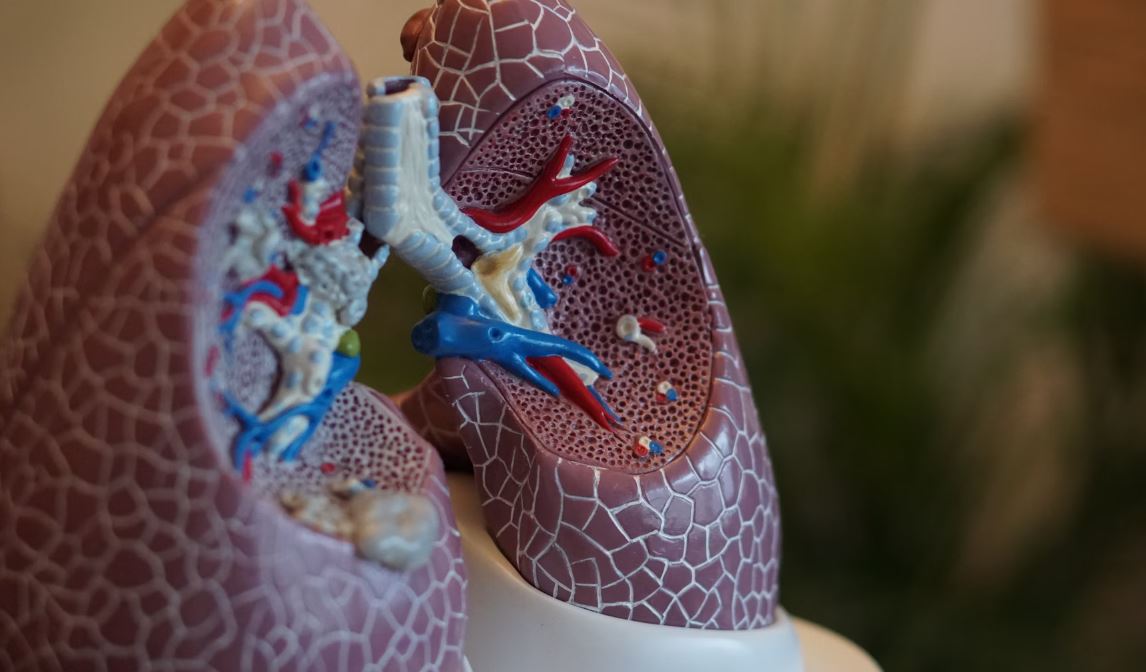With early detection and access to proper treatment, patients have a better chance at managing their symptoms.
Mesothelioma is a rare and aggressive form of cancer that affects the mesothelium, which is the thin layer of tissue that covers most of our internal organs. This type of cancer is primarily caused by exposure to asbestos, a naturally occurring mineral that was once widely used in construction materials, insulation, and other products. This guide will delve deeper into the causes and effects of mesothelioma to help you better understand this devastating disease.
Mesothelioma Basics
Mesothelioma develops when asbestos fibers are inhaled or ingested and become lodged in the lining of the lungs, abdomen, or heart. Over time, these fibers can cause inflammation and scarring, leading to the development of cancerous tumors in the affected area. There are several types of mesothelioma, including pleural mesothelioma (affecting the lining of the lungs), peritoneal mesothelioma (affecting the lining of the abdomen), and pericardial mesothelioma (affecting the lining of the heart).
Causes of Mesothelioma
The primary cause of mesothelioma is exposure to asbestos. Asbestos was commonly used in a variety of industries due to its heat-resistant properties and durability. Workers who were exposed to asbestos on a regular basis, such as construction workers, shipyard workers, miners, and firefighters, have an increased risk of developing mesothelioma. Additionally, individuals who lived with someone who worked with asbestos may also be at risk due to secondhand exposure.
Effects of Mesothelioma
Mesothelioma can have devastating effects on both physical health and overall quality of life. Symptoms of mesothelioma often do not appear until decades after initial asbestos exposure, making it difficult to diagnose in its early stages. Common symptoms include shortness of breath, chest pain, coughing, abdominal swelling or pain, fatigue, and weight loss. As the disease progresses, patients may experience difficulty breathing, severe pain, and complications from tumor growth.
Diagnosis and Treatment Options

Diagnosing mesothelioma can be challenging due to its long latency period and nonspecific symptoms. Imaging tests such as X-rays, CT scans, and MRIs may be used to detect abnormal growths or fluid buildup in the affected area. A biopsy is typically needed to confirm a diagnosis of mesothelioma. Treatment options for mesothelioma depend on several factors including the stage of cancer at diagnosis and overall health of the patient. Options may include surgery to remove tumors or affected tissue, chemotherapy to kill cancer cells, and radiation therapy to shrink tumors or relieve symptoms.
Support for Patients and Families
Dealing with a diagnosis of mesothelioma can be overwhelming for both patients and their loved ones. Support groups and organizations dedicated to helping those affected by mesothelioma can provide valuable resources such as information on treatment options, financial assistance programs for medical expenses, counseling services for emotional support, and connections with other individuals going through similar experiences. Additionally, your loved one may be entitled to compensation. Working with an experienced attorney, like those at the Law Offices of Justinian Lane, can be very helpful.
Understanding the causes and effects of mesothelioma is crucial in raising awareness about this rare but deadly form of cancer. While asbestos exposure remains the primary cause, it is important to recognize that anyone can develop mesothelioma regardless of their occupation or personal history. With early detection and access to proper treatment, patients have a better chance at managing their symptoms.


Join the conversation!